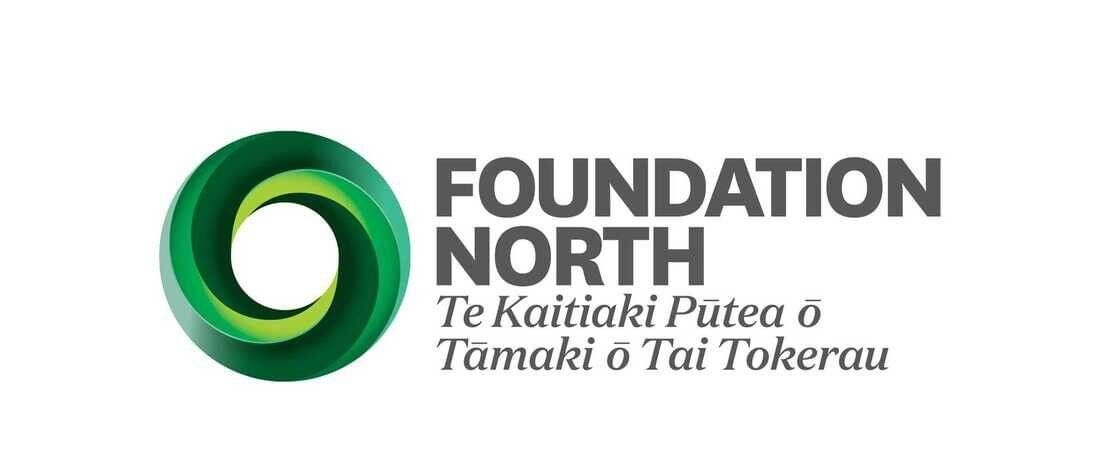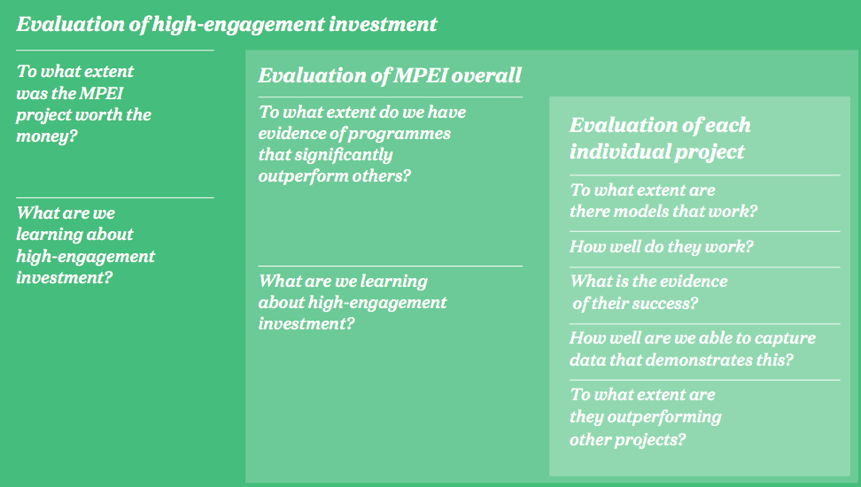Foundation North (formerly ASB Community Trust) established the Māori and Pacific Education Initiative (MPEI) in 2006.
The vision, “Mā tātou anō tātou e kōrero, We speak for ourselves”, set the intent of this initiative to find innovative community-based projects that could address the seemingly intractable problem of Māori and Pacific young peoples’ underachievement in education.
MPEI was Foundation North’s first significant investment in high-engagement philanthropy. The Foundation undertook a consultation process with Māori and Pacific communities and education leaders to identify community-led projects that held the promise of creating meaningful social change. After a lengthy consultation and selection process, seven projects were chosen as part of phase one of the initiative. In 2011, more projects were added as part of phase two.
Guided by collaboration, co-design and community development principles, the MPEI project leaders and staff partnered in a “high-trust, high-engagement” journey with the Foundation, working together towards realising the vision.
MPEI demonstrated the power of communities to identify and explore potential solutions to complex issues. The combination of multi-year, secure funding and capacity-building support from Foundation North to each initiative created optimum conditions for the potential of each innovation to be explored. A strong monitoring and evaluation framework ensured that issues were identified and learnings captured throughout the process.
The Kinnect Group was engaged in providing a multi-year developmental evaluation of the initiative focusing on the value of the overall investment, the effectiveness of each of the projects and learning about high-engagement investing with Māori and Pacific communities.
The key evaluation questions are summarised in the diagram below:


The evaluation found that the Māori and Pacific Education Initiative was highly effective—a valuable investment overall. A positive economic return on the investment made by Foundation North was highly likely in the future; that is, the future economic value of improved educational outcomes is expected to significantly exceed the value of resources invested by the Foundation in the initiative.
Against the majority of evaluation criteria, the initiative was found to be highly effective. Where comparable educational data was available, it was clear that these projects were at least as successful or outperformed other similar projects.
For most projects, there was evidence of improved student attitudes to learning and life, increased whānau engagement in education, and improvements in engagement and retention. There was also evidence that some projects resulted in whānau having higher aspirations for themselves and their children and improvements in family functioning and relationships.
Culture is an integral and overt part of what most of the projects are about, and evidence confirmed that the projects enhanced and contributed to young people’s cultural confidence and identity.
There was also a range of evidence that, in combination, demonstrated that the vast majority of projects achieved outcomes that their families and communities value. The spread and scaling up of a number of the projects was also a strong indicator of the value of the projects’ outcomes.
The final reports are available at: https://www.foundationnorth.org.nz/news-and-reports/reports or below by downloading the individual PDF.


